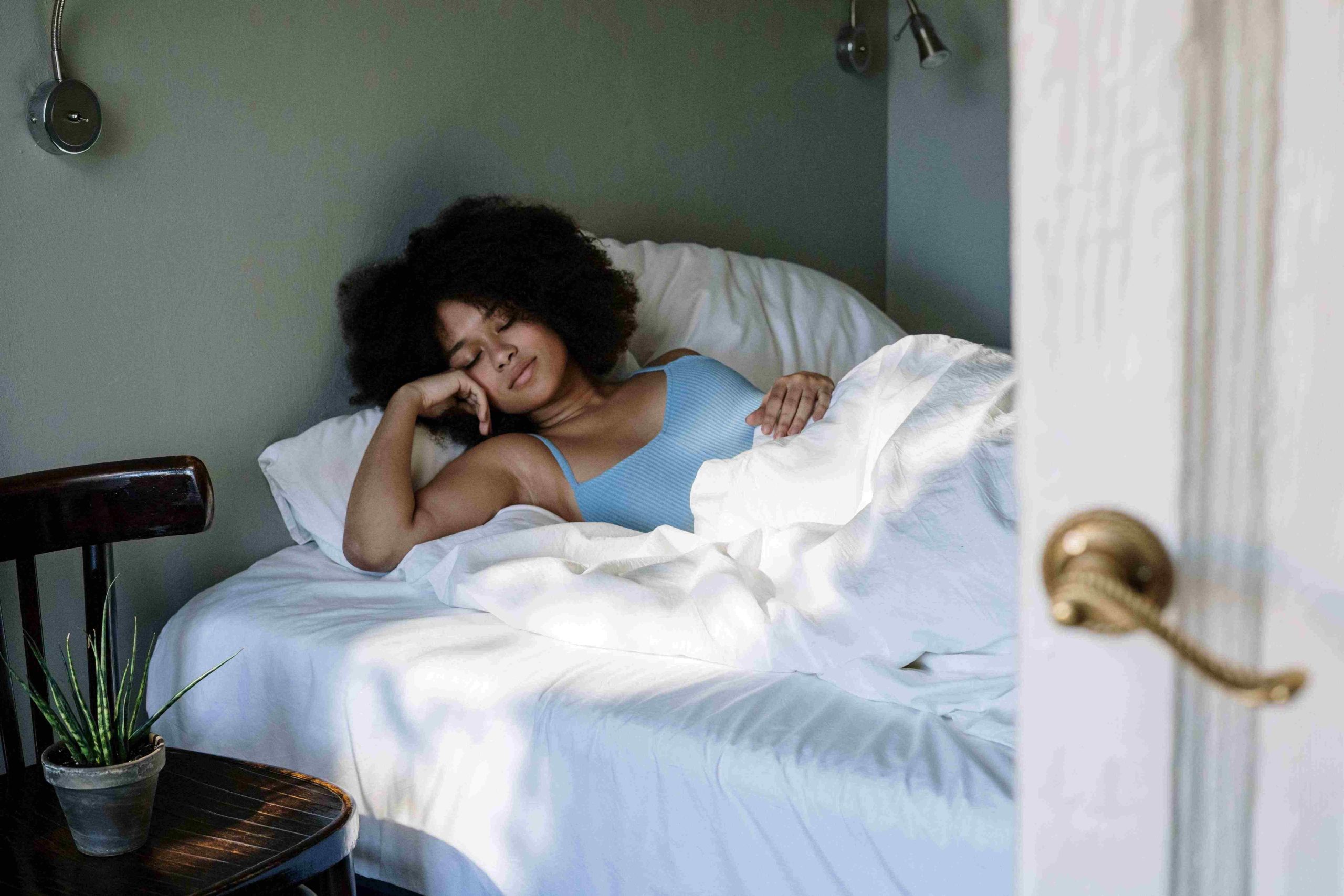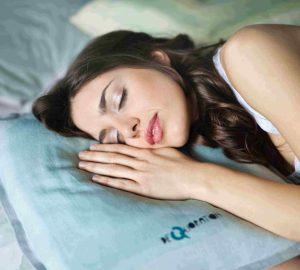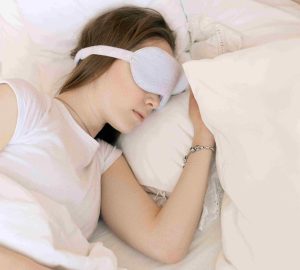Millions of people around the world wake up tired each morning despite eight hours sleep, and they simply chalk it up to growing older. The mistake in believing it’s simply age related can mean many more years of being unnecessarily tired, when the answer is sleep apnea. Read this article to see if you fit the sleep apnea profile.
If you have sleep apnea, try sleeping on your side. If you are a back or stomach sleeper, gravity is working against you all night. Your airway is much more likely to collapse if you are facing straight up or down. Sleeping on your side instead makes it much easier for your body to maintain your airway as you sleep.
Consider sleeping sitting up if you have sleep apnea, and you do not have a CPAP available. Perhaps you have been diagnosed with sleep apnea, but you have not had your CPAP prescribed yet. Maybe the power went out, and your CPAP will not work without electricity. Whenever you have to sleep without the benefit of CPAP therapy, sleeping sitting up will help to keep your airway from collapsing.
Make sure to provide relief for your allergies. Congestion can make it harder to breathe through your nose and force you to take in air through your mouth. Allergies can cause soft tissues to swell and make apnea much more severe. Research the medicines you use to treat your symptoms and be wary of adding side effects to the mix.
If you suspect that you have a sleeping disorder, but are unsure, enter a sleep study. They may be able to diagnose your disorder as sleep apnea and make suggestions regarding treatment. Treatments include mouth guards, CPAP, diet changes, and modifications of sleeping habits. You won’t know your options until you speak with someone about it.
Stop putting yourself at risk for sleep apnea. While some people suffer from sleep apnea due to genetic factors, others have it because of their lifestyle. On the other hand, you can influence risk factors like your weight, smoking and drinking.
If you are searching for ways to prevent sleep apnea, try sleeping on your side as back sleeping lets gravity take over. This causes your tongue and other soft tissues in your throat to drop, which could obstruct your airway. Try putting a tennis ball in the neck of your pajamas to discourage rolling onto your back. You could even stuff a pillow with tennis balls and wedge that behind your back.
You can reduce the symptoms of sleep apnea by making the muscles in your throat stronger. When the soft tissue of the throat collapses, the airway becomes blocked and sleep apnea occurs. When the muscles have strengthened, collapsing is less likely to occur, thus keeping your airways free.
If any of the information shared here sounds like it fits your troubles, it is time to do something about it. There is no need to suffer month after month. There is a solution for you and it’s as close as speaking up and getting a diagnosis. You deserve a good night’s rest!






